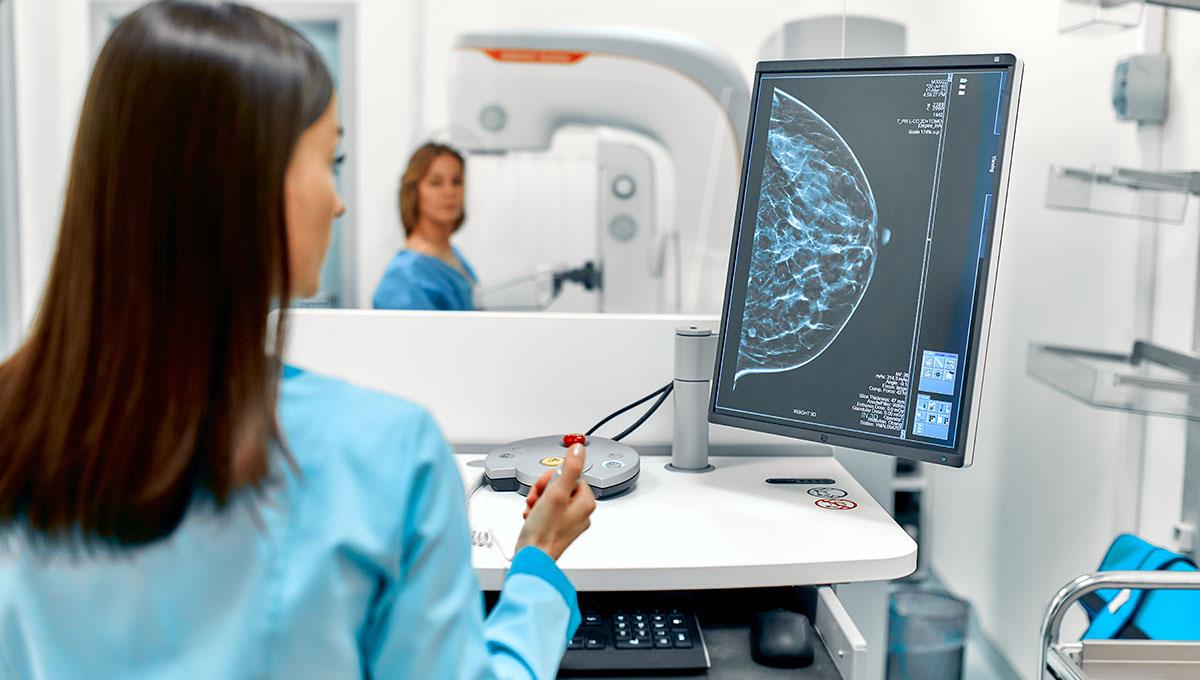
NEW YORK (Enmaeya News) — September 23, 2025
Several studies have found that medical tools relying on artificial intelligence are biased against women and racial minorities in diagnosing conditions, potentially putting their lives at risk, according to a report published by the Financial Times.
The research, conducted at several prestigious universities in the United States and the United Kingdom, indicates that tools based on deep language models tend to downplay the severity of symptoms in women and show less empathy toward racial minorities.
These findings come as major tech companies, including Microsoft and OpenAI, attempt to introduce AI tools aimed at reducing doctors’ workloads, speeding up diagnoses, and moving patients more quickly to treatment.
Many doctors have begun using AI models such as “Gemini” and “ChatGPT,” along with medical note-taking tools, to record patients’ complaints and identify underlying issues more efficiently.
In June, Microsoft revealed a medical AI tool it claimed is four times more powerful than human doctors in diagnosing diseases.
However, studies conducted at the Massachusetts Institute of Technology at the same time showed that medical AI tools provided lower-quality care to female patients, in some cases recommending home treatment instead of medical intervention.
Another separate MIT study found that AI tools displayed less empathy toward racial minorities suffering from mental and psychological illnesses.
A study by the London School of Economics found that Google’s model “Google Gemma” minimized the severity of physical and psychological problems experienced by women. Gemma is an open-source AI model from Google and is widely used by local authorities in the U.K.
The report notes that this racial and gender bias stems from the way deep language models are trained and the data used. Companies often rely on freely available internet data, which frequently contains racist or biased language against certain groups.
As a result, these biases are transferred to AI models despite developers’ attempts to mitigate them through safety restrictions.
OpenAI said most studies relied on older AI models and that newer models are less prone to such biases.
Google also said it takes strict measures to prevent racial discrimination and bias, implementing robust safeguards to eliminate these issues.
Travis Zack, an assistant professor at the University of California, San Francisco, and chief medical officer at AI-based medical information startup Open Evidence, said the real solution is to carefully select the data used to train AI models.
Zack added that the Open Evidence tool, used by more than 400,000 doctors in the U.S., was trained on medical documents and health guidelines from expert physicians, as well as medical references used in universities.





